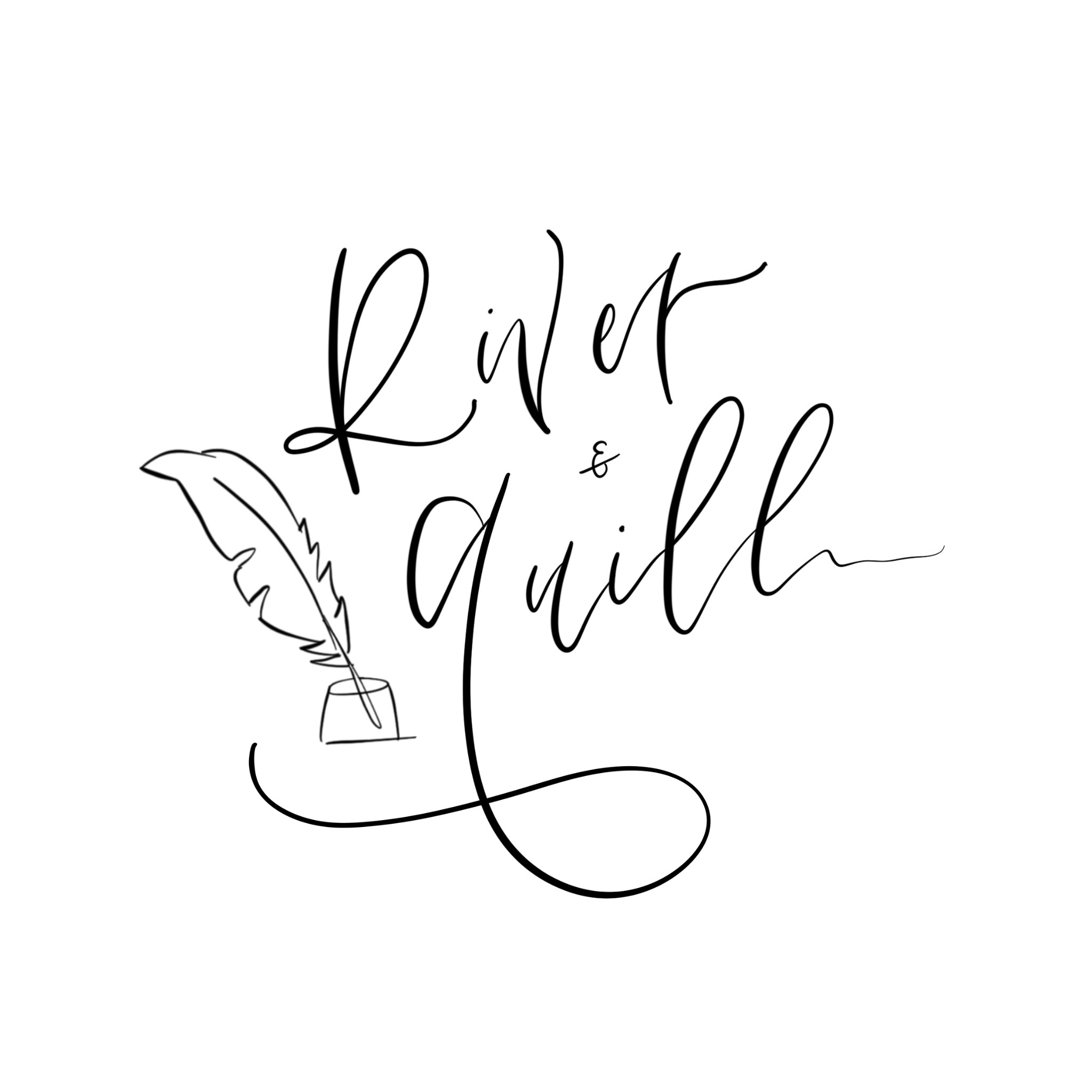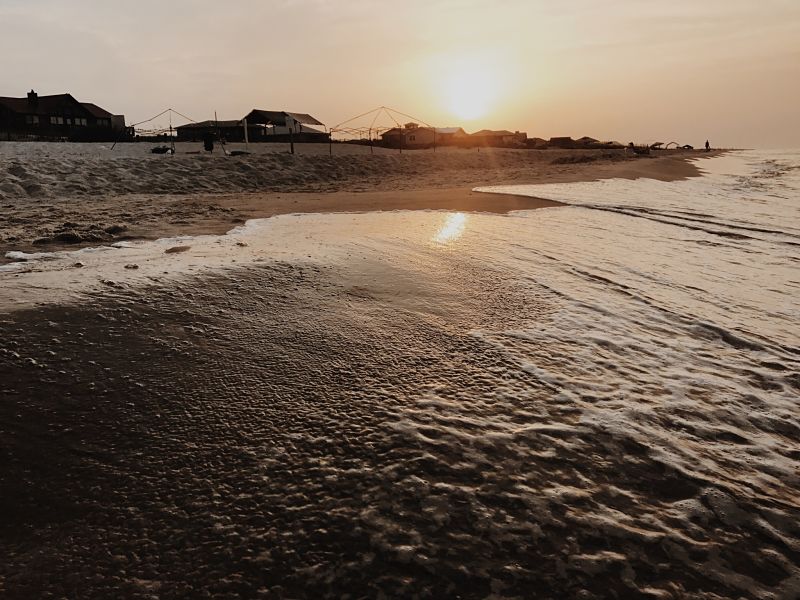I promised in my last post, I would provide you with a long list of strategies to reduce stress, so here we are for Part Dos of the series: Finding Your Oasis. And friends, this is just part of the list. I realized, halfway through writing, this was going to take more than one post to cover.
Can I just be real for a second? I don’t do all of these things every day. I’m dipping my toes in just as much as the rest of you, so don’t be intimidated by the list. This is not an all or nothing kind of deal. Pick and choose as you please, or pick none. That’s fine too, but I think you’ll find at least one of these helpful in your quest to calm your booty down.
I know when my pain was real, I couldn’t think long enough to even search for strategies to reduce stress, so I hope this will be an easy shortcut for any of you looking for some quick answers.
Ok, so here we go.
Strategies for Finding Your Oasis…
1. Silence
I sat down this morning to write and all I wrote was a diatribe about how I couldn’t write. It was weird. I decided to take the hint and look a little deeper at what was going on.
If you are a creative: a songwriter, a blogger, a painter, or whatever it is that you do, I think we all hit those moments when we’re just not sure what to create because we’ve detached from what’s guiding our sails.
It’s the wind, the breath from within, the inspiration, but more so, the truth of who we are and who we are meant to reach, which guides us.
As I sat in frustration, I pulled out a book I picked out at the library by Father Richard Rohr. It was everything I needed to get back on track.
I would quote the entire ebook if I could, but I’m just going to give you this little snippet for now:
“Silence is a kind of thinking that is not thinking.
It is a kind of thinking which sees.”1
We get a diagnosis and we think.
We think until we can’t think anymore.
The thoughts even start to build an army and before we realize it, there is a calvary galloping straight toward our heart and about 50 paratroopers have landed in our head, digging out whatever bits they can find.
This is maybe a tad bit dramatic.
Sorry.
What I am trying to describe is how we become hostage to the thoughts our illness, or our anxiety can cause. The. Thoughts. Don’t. Stop.
I became a prisoner to them. The pain would send a signal to my brain. My brain would start thinking all the terrible thoughts. The pain would again send a signal; my brain: the thoughts. And over and over and over we go, until it’s just way too much.
I am a beginner student at learning the art of silence, but what I know is when you connect with nature, when you step outside of the thoughts, even for just a moment, the thoughts begin to dwindle, the panic softens, and suddenly you are just there, surrounded by everything.
Father Richard writes, “Real silence moves you from knowing things to perceiving a presence that has reality in itself. Could that be God? There is then a mutuality between you and all things.”1
Friends, before I knew any of this, I knew stepping away into silence calmed my heart. I knew the ocean grounded, and the sway of the trees brought me a peace I couldn’t explain.
I’m hoping to learn enough to do an entire post on silence itself, or maybe I will just refer you to the experts, but so far, I know the first thing you can do is try to find just 20-30 minutes of silence.
This doesn’t even have to mean quiet.
It just means taking some time to stop trying to understand.
Stop questioning what you ate, how you slept, what medicine you should take.
Stop all of that, and just try to find yourself present here and now and know that you are a part of all of it.
2. Sleep
OK, this one seems too obvious to list and some of you are all, “if I could, I would”. Trust me, I get it. Sleep was rough for a long while. BUT if you can find yourself in the posture of sleep, even just laying with your eyes closed, body at rest, I believe this is profoundly helpful.
The body gets its most restorative sleep during REM and Stage 4 Sleep.2
REM stands for Rapid Eye Movement (meaning our ours move like crazy back and forth), and friends, I would love to talk about it for an entire post sometime, if you would read it, because it’s this huge, beautiful mystery.
Some researchers believe REM “clean sweeps” our brain, removing neurotoxins and polishing our thoughts and memories.3 What’s somewhat paradoxical though, is our brain waves have even been said to be more active during REM than wakefulness. WHERE do we go?
What gets tricky for those of us with chronic illness, is interrupted sleep. REM usually suffers from this as it typically falls after Stage 4 Sleep. It can be difficult to get through Stages: 1, 2, 3, and 4 when pain is waking you, or the urge to pee, or whatever your flavor of illness is offering.
If sleep restores even normally functioning bodies, it is then even more needed for those of us with chronic illness, so if you can find a way to make it happen, allow it to happen.
All of these other tactics are ways that can help improve your sleep, as they allow the mind, body, and soul to calm.
Also, if you need a pill, friend there is no shame in that. I always try to go with natural options if I can, and I know some of you feel the same way, so let’s explore some more…
3. Meditation
For a good portion of my childhood, if someone brought up meditation, I was certain this meant they would be opening themselves up to demonic possession. It’s embarrassing to admit, but it’s what I believed, and many people still do.
I hope this doesn’t offend anyone reading this, but I’ve found it is possible to grow in faith, mind, and body by meditation, and so far, the devil has abated.
I would only recommend this if I believe it could help you, and I truly believe it can and does help in the weirdest of ways.
I have what many refer to as “monkey mind”, so, when I meditate, it’s hard to just focus on clearing thoughts. I started out thinking about the wind and ended up considering when I should call the vet because the dog just threw up and he is probably dying.
To avoid these rabbit trails, I like to have a mantra. I usually pick something like, love, hope, believe, or I pick a quote or a Bible verse.
I’m still working on my method, but in the short time since I have picked this all up, I have gone from crazy heart palpitations to none. It’s insane.
It’s as if my mind, soul, and body have so segregated themselves, as I come back to feeding them seperately, in healthy ways, the benefit to the others completely astonishes me. So yeah, if you’re not worried about a demon crawling into you, give this one a try.
4. Just Breathe
When I started physical therapy for my bladder, I was taught how to breathe before anything else. The physical therapist told me to take just five minutes every day away from everything and breathe.
I know what you’re thinking: we breathe all the time; how is “taking time to breathe” any different than existing?
Well, we’re talking deep breathing here. Researchers have found deep breathing elicits a relaxation response which includes reducing heart rate, muscle tension, blood pressure, etc.)4
So what is deep breathing exactly, and how do you do it? I was taught to breathe in through the nose for three counts. Imagine the air filling your lungs and put your hands on your ribcage. You should feel your ribs expanding and filling.
Then release your breath through your mouth for another three seconds. Repeat this for as long as you can, but for at least five minutes. Another ingredient I like to throw in: breathe in the bad thought, and as you breathe out, let it go.
Well friends, hopefully you have enough ideas to get started! I’ll be working on the next part to come out next week, so be sure you find that subscribe button and click it! I have put together resources for all my subcribers which will help you on your way toward “chronic wellness”.
How do you relax? Truly rest?
Any topics for rest and relaxation you would like me to explore further for Part 3? List them below, but hurry! I’m writing it now!
Until next time, friends!
1 Rohr, R. (2014). Silent compassion: Finding God in contemplation. Cincinnati, OH: Franciscan Media.
2 Feldman, R. S. (2010). Psychology and your life. Boston, MA: McGraw/Hill. 320-326
3 (n.d.). REM sleep: What it is, why we need it. Retrieved June 14, 2018, from https://www.sleepresolutions.com/blog/rem-sleep-what-it-is-why-we-need-it
4 Take a Deep Breath. (2017, January 04). Retrieved June 14, 2018, from https://www.stress.org/take-a-deep-breath/
2 Comments
Trackbacks/Pingbacks
- Finding Your Oasis – Part 3 | River + Quill - […] you’re just checking out the blog, YAAASS! But also, you should check out Part 1 and Part 2 of…
- Finding Your Oasis - Part 4 | River + Quill - […] do this through prayer, meditation, or the other ideas I listed in Parts 1, 2, and 3 of this…


Excellent post! What I am trying to find from last days I got it. Thanks tho Jeff goins because of his tweet I can’t be able to reach this content.
Thanks Callie superb post I am waiting next post.
Thank-you, Sahil! I’m so glad you found this worth the read and thanks to Jeff for asking amazing questions on his Twitter feed which allow us all to connect like this! Be sure to subscribe to be notified of the next post (headed to a computer screen near you, next week). You can subscribe in the field below. Thanks for being here, Sahil!